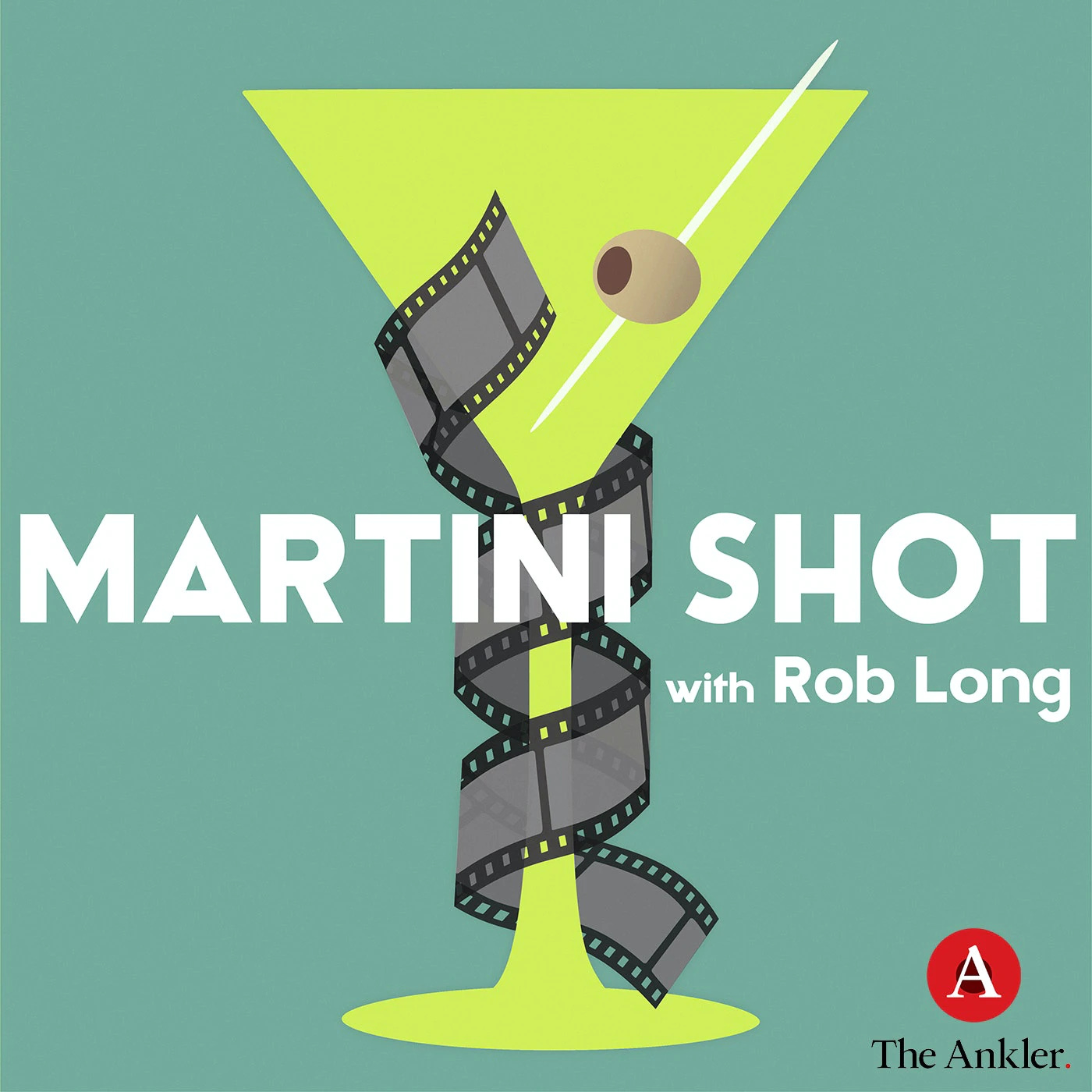Transcript: James Bond's Corporate Suit
Rob Long on why 007 needed his earlier impossible owners
I’ve never really understood the idea behind celebrity endorsements. A few years ago, a breakfast cereal company hired an older and — let’s be brutally honest — morbidly obese character actor to pitch their cereal as a healthy way to have breakfast. Healthy eating wasn’t something you’d naturally associate with this person, but it must have worked because the campaign went on for years.
On the other hand, when certain characters in movies use a product, I’ve found it can be hugely effective. I mean, here’s how old I am: I remember, as a young boy, watching the James Bond movie Live and Let Die in the movie theater in 1973.
At one point James Bond, played by the master of the arched-eyebrow Roger Moore, checks the time. He looks at his wrist. He presses a little button on the side and — amazing! — the watch lights up! The time is displayed in bright red LED digits! People in the audience gasped in delight. I remember sitting there, in that cinema, feeling like I had been zapped with six thousand volts of electricity: I need that, I said to myself.
Of course, at some point I did get one, and it was just a watch. It wasn’t happiness or anything. And it didn’t transform me into James Bond, I’m pretty sure, but then James Bond was already by that time something so huge and unreachable I don’t think I ever expected to be.
When Wilfred Brimley told us all to eat oatmeal, I think a lot of us felt like, sure, okay, I probably look better than Wilfred Brimley, I’ll give oatmeal a shot.
Didn’t work that way with James Bond.



